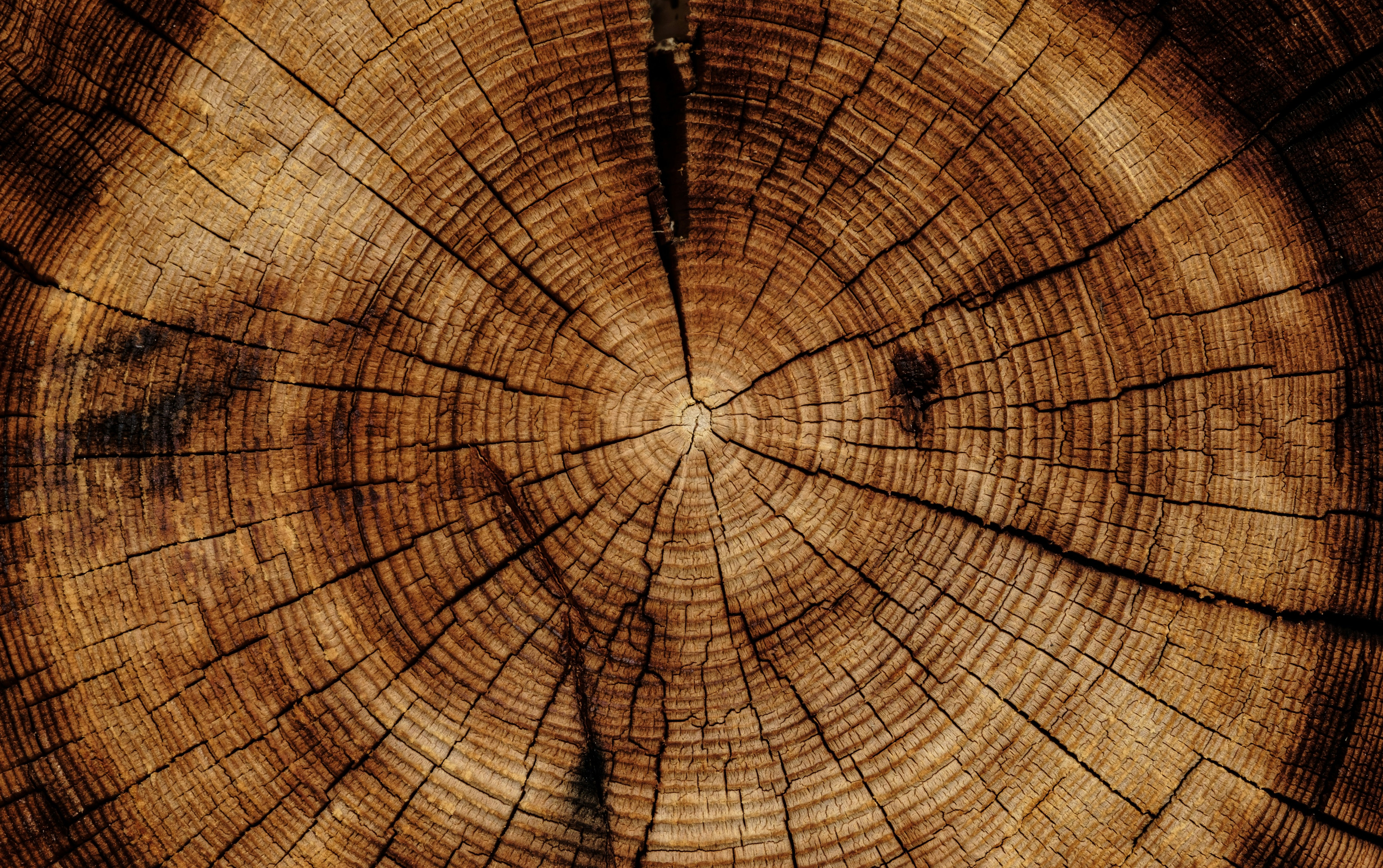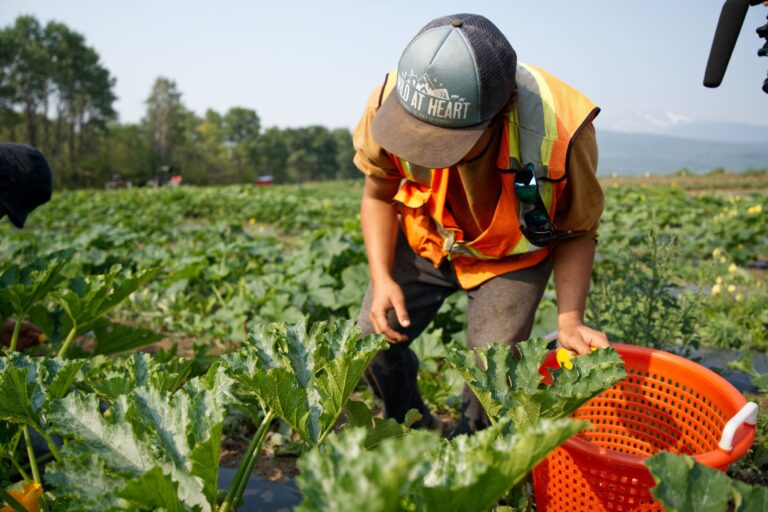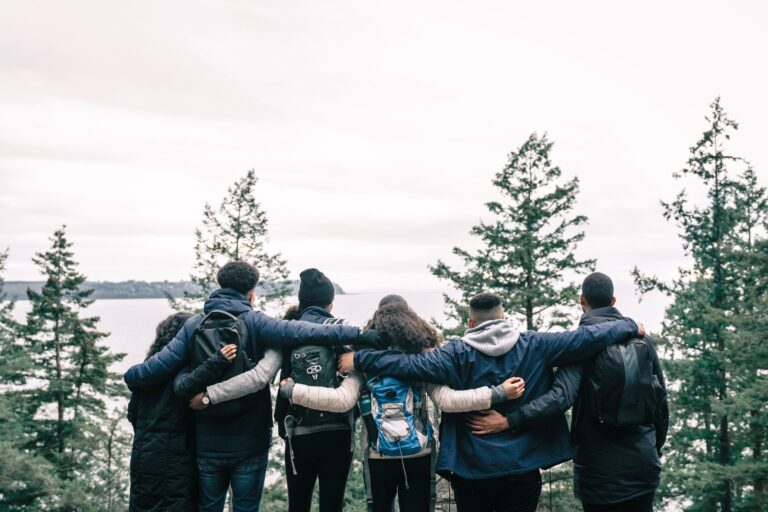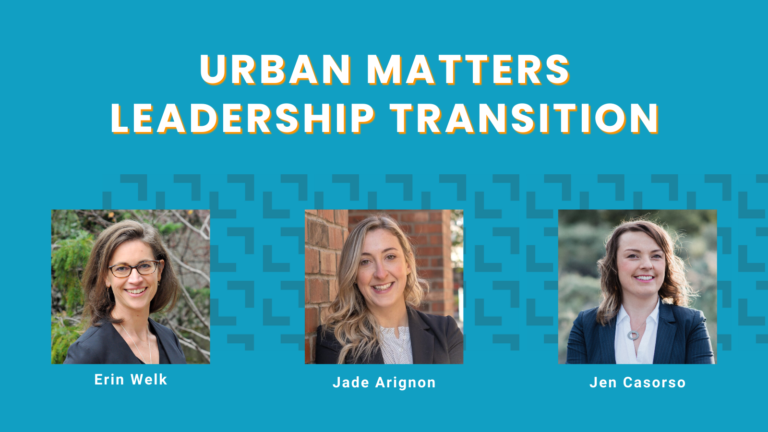
12 June 2024
How I cultivate wellbeing for myself as an Indigenous practitioner
Understanding-self through culture, language & connection to community

By Martina Escutin BSW, RSW
Indigenous Health & Wellbeing Practitioner, Urban Matters
As an Indigenous consultant living away from my traditional territory, ʔamak̓is ktunaxa, and home community, ʔakisq̓nuk – it is important to me to preserve my connection to both Ktunaxa land and people. Being in the field of Indigenous health and wellbeing, I feel an even greater responsibility to maintain a strong connection and presence in community. This can be challenging, at times, as I navigate the balance between living my life in syilx-Okanagan territory, managing my family, and keeping up with work. It has been an internal struggle that I have faced since completing my Bachelor of Social Work degree, as it was then that I realized how central my own community and culture’s wellbeing is to my personal wellbeing.
Since then, I have found my way home through language revitalization. The Ktunaxa language is what is called “a language isolate”, in that it is completely unique, and there is no other language in the world like it. Due to the ongoing forces of colonialism – and especially the impact of Indian Residential School – it is critically endangered, with less than 20 fluent speakers remaining. Despite this, we have a positive outlook and are actively revitalizing our language. There are new Ktunaxa language learners every single day who will hopefully, someday be fluent.
Preserving our language is an essential part of preserving our cultural identity. It is the link that binds us together, and it is what makes us Ktunaxa. Having a strong connection to language and culture – whether we are fluent or not – leads to a strengthened sense of belonging and pride.
The Ktunaxa Nation’s efforts to reclaim and revitalize our language at the annual Ktunaxa Language Summit is a powerful example of the work being done by Indigenous communities across Canada. In British Columbia alone, there are 36 unique languages and more than 95 dialects spoken by its 204 First Nations, making it the province with the greatest diversity of First Nations languages in the country.
While there has been progress in recent years, with increased funding for Indigenous languages through initiatives like the federal Indigenous Languages Act, Bill C-91, there is still much work to be done. The recent Federal Budget 2024 outlined a decrease in funding provided to the revitalization of Indigenous languages, many of which, including the Ktunaxa language, are critically endangered.
I have been learning my language for most of my life, however I still consider myself a beginner-speaker. Recently, at the Ktunaxa Language Summit, I was honored with recognition from my Nation as a “Budding language learner”.
At this gathering, I found renewed inspiration and connection to my community and am seeking opportunities to carry forward this work. I believe that beginning with self-understanding in the context of my own culture and language is how I will be able to support Indigenous communities on an ongoing basis – and it is how I intend to cultivate wellbeing for myself as an Indigenous practitioner at Urban Matters.

Photo: Ktunaxa Language Summit, March 2024 – captured by Blaine Burgoyne




